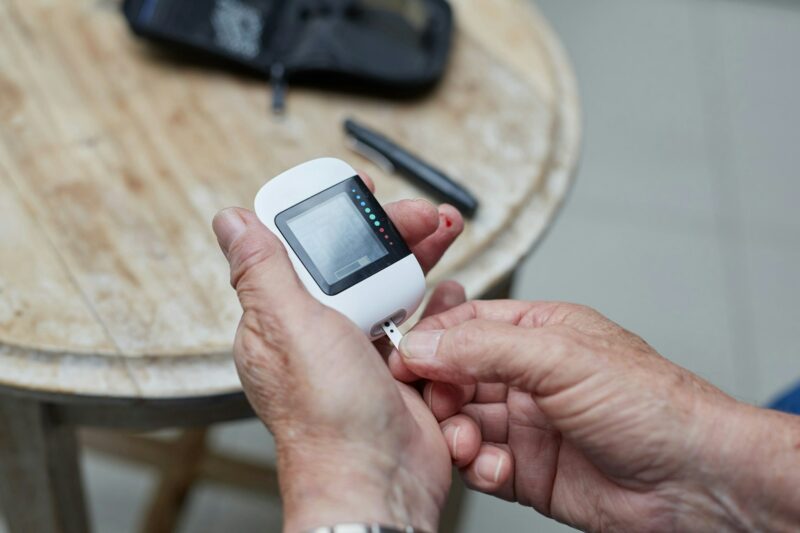
February, the month of love, is when we celebrate St. Valentine’s Day. We think about our significant others, spouses, loved ones. We go on dates, buy chocolates and flowers, exchange kisses and hugs. Physical and emotional needs may change over time. But these feelings of romance, affection, and desire are part of our sexuality that, contrary to popular belief, should still be healthily expressed even as older adults.
Issues that can affect sexuality
It is certainly possible to have a satisfying sexual life even in your golden years. However, there are a lot of factors that can impact sexual health and activity. For example, some medicines may be inhibit sexual response, such as those for depression, anxiety, and seizures. Older people may also have heart conditions that may require you to abstain from rigorous physical activity. Some medications may also preclude the use of erection-enhancing rugs, such as sildenafil (Viagra), so your physician must be consulted. Other conditions can also affect sex drive, activity, and stamina, such as dementia, incontinence, previous stroke, obesity, and alcohol use.
There is also the problem of chronic pain, particularly muscular and joint pain, that may keep you from enjoying sex. This can make you more tired, leaving you with little energy to even think about sex. Aside from pharmacologically treating pain, non-pharmacologic measures such as using cushions and trying a variety of positions can be done.
Finally, it is possible that you or your partner may have had some surgeries that involved changes in your physical appearance and make you hesitant about your self-esteem. These include mastectomies and gynecological surgeries for women and prostatectomies for men. However, this could be resolved by open communication with your partner about your fears and expectations. Counselling may also be a good option.
Common physical changes in men
Testosterone tends to decrease as men age. Because of decreased testosterone, muscle strength and bone density may decrease. Sex drive may also decrease, although this depends more on your overall health and perspective on sex and intimacy’s. It may also take longer to get an erection, and the erections will be less firm but sufficient for intercourse. Ejaculation can be delayed for a longer time, however, and refractory periods are prolonged.
Erectile dysfunction (ED), also known as impotence, is defined by difficulty getting and keeping an erection. Although it can be embarrassing to talk about, it is estimated that half of men who are aged 40 to 70 years experience some form of ED. It can happen when nerves supplying the penis are damaged or when blood flow is limited, and it can also be associated with stress or cardiovascular disease. Should you have any symptoms, it is best to see your doctor for an evaluation and for adequate management.
Common physical changes in women
Menopause marks a crucial transition due to the many hormone changes that can deeply impact you physically and emotionally. These changes are due to decreased estrogen levels and, to counteract this, your doctor may prescribe you estrogen creams or patches. This can help manage dryness and irritation in the vagina. It may also take longer for you to be sexually aroused, and the lack of lubrication does not help this situation. In this case, penetrative intercourse may be painful and less enjoyable, and this can also affect a woman’s sex drive. Lack of lubrication also predisposes to sexually transmitted diseases (STDs), so it is important to keep a lookout on symptoms of STDs and consult your physician should they occur.
Lubricants, such as K-Y jelly, can make intercourse more pleasurable for you and your partner, as well as reduce the risk of catching STDs. Moisturizers can be used over time to reduce dryness in the genital region. It is also important to engage in additional foreplay to ensure adequate lubrication.
Menopause can also cause a variety of other symptoms, such as hot flashes, irritability, and mood swings. Symptom management and emotional support are essential to your health and wellbeing at this time.
Takeaway
This time in your life, with less responsibilities such as caring for children or working tirelessly in a career, can be a great time to foster, develop, and nurture romantic and intimate relationships. Cheers to a February full of love, and may the rest of the year be the same for you!



